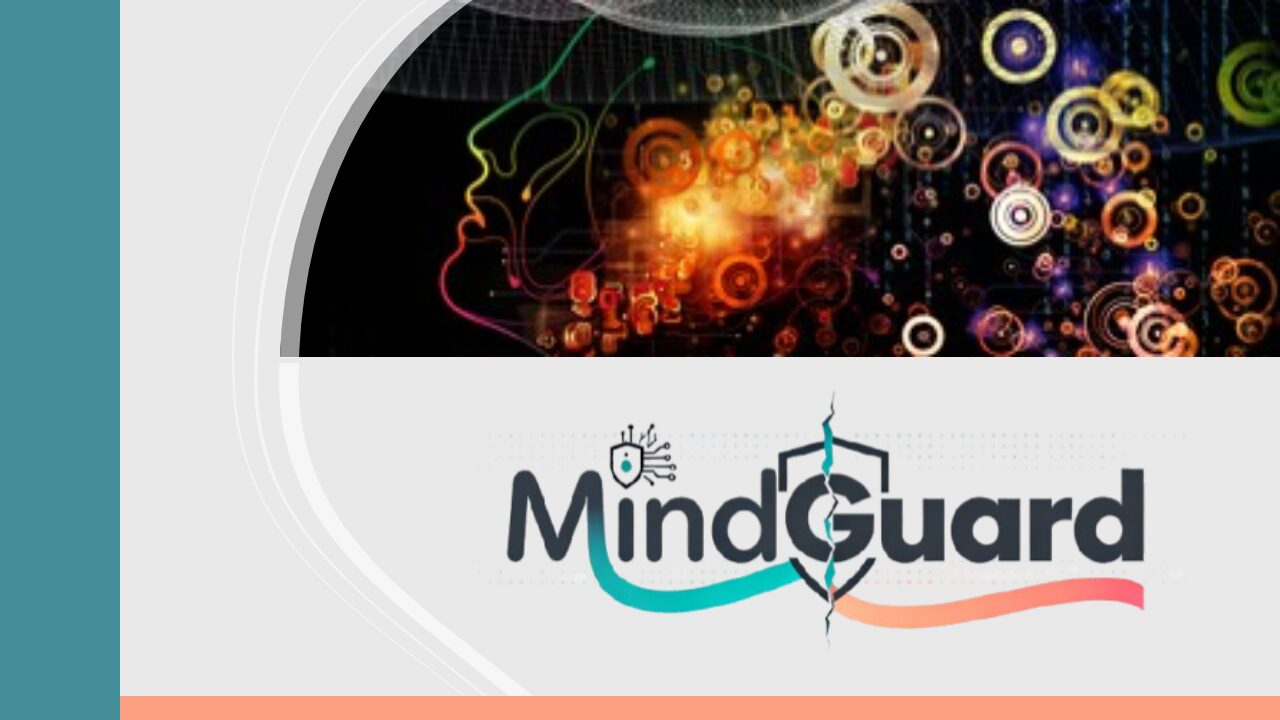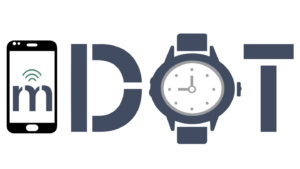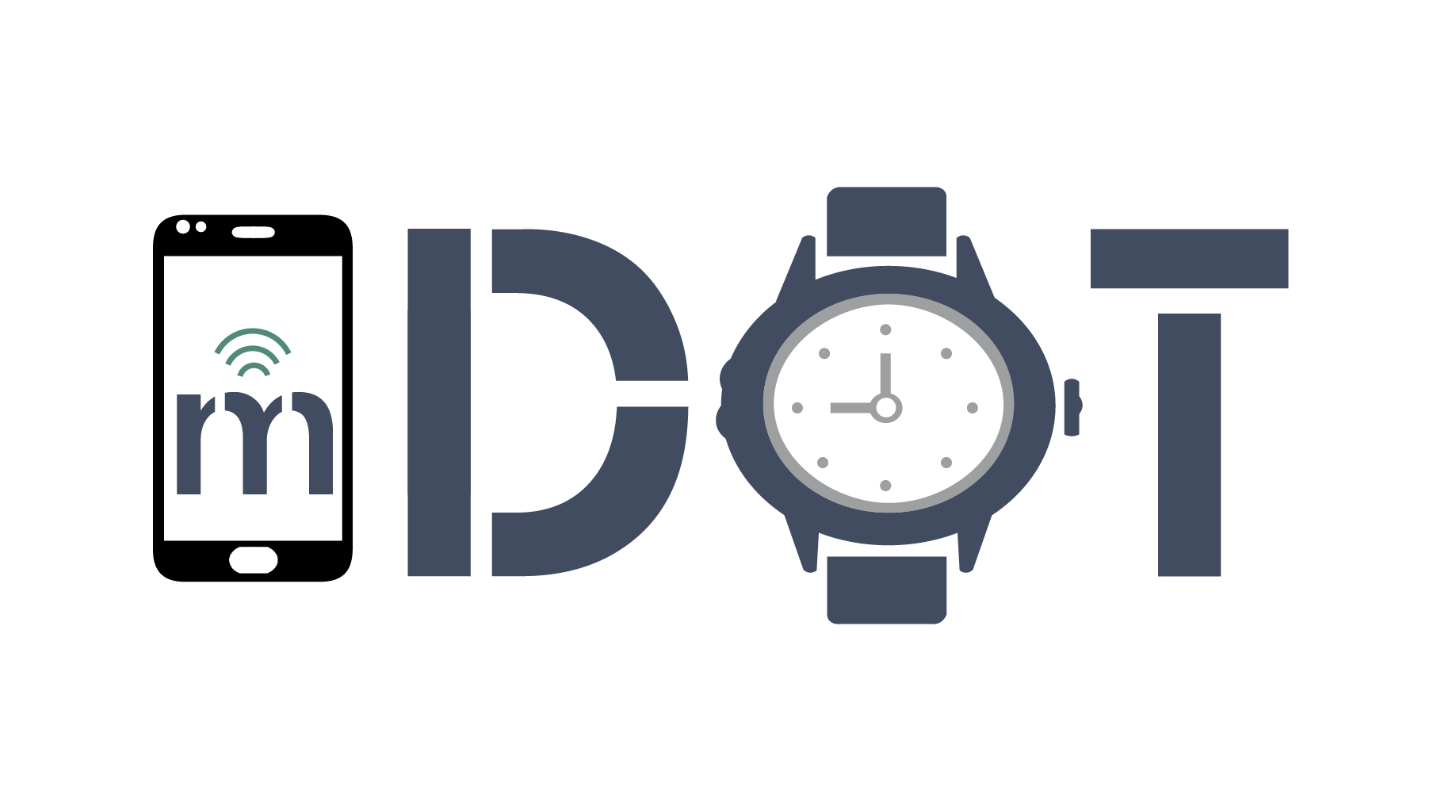
Breaking the Stigma: Introducing MindGuard, Your Personal, Private Mental Health First Aid Assistant
Mental health disorders are a global challenge, affecting nearly one in four people worldwide. Despite this widespread impact, intervention rates remain alarmingly low—below 25%. For instance, in the United States, only about 36.9% of adults with a mental health disorder received treatment in the past year. The situation is even more dire in low- and middle-income countries, where over 75% of people with severe mental health disorders go untreated.
The core issue behind this severe inaccessibility to care is stigma, which discourages over half of those affected from seeking professional help. In fact, a comprehensive survey found that 60% of participants were reluctant to seek help due to stigma.
But what if you could receive professional, continuous mental health first aid (MHFA) right on your mobile device, in a totally stigma-free environment?
Welcome to MindGuard, an innovative mobile mental healthcare system designed to provide accessible, professional, and stigma-free support.
The Power of the Edge LLM
MindGuard’s innovation lies in its sophisticated technology. At its heart is an innovative edge Large Language Model (LLM), equipped with specialized professional mental health knowledge. Unlike cloud-based systems, MindGuard runs locally on your mobile device, which is crucial for safeguarding user privacy. This localized approach helps overcome the challenge of data breaches associated with transmitting sensitive information.
To achieve acceptable latency and fit onto mobile platforms, MindGuard utilizes advanced techniques like knowledge distillation (transferring sophisticated reasoning skills from top-tier models like GPT-4o) and q4fp16 model quantization, reducing the memory requirement to approximately 4GB.
A Dual Approach: Objective Data Meets Subjective Feelings
The system’s effectiveness stems from its unique ability to integrate two critical data streams:
- Objective Mobile Sensor Data (D): This includes passive, integrated monitoring of behavioral indicators collected from rich sensors on mobile and wearable devices. Objective data streams cover factors such as physical activity levels, sleep quality, heart rate variability, and frequency of social interactions.
- Subjective Records (R): This stream incorporates self-reported data, such as Ecological Momentary Assessment (EMA) records, documenting feelings, emotions, anxiety, depression, stress, and fatigue.
By combining these two streams, MindGuard builds a robust foundation for a causal inference model. This framework systematically analyzes the relationship between your behavior and your mental status (M), enabling the system to detect and rectify discrepancies between your true mental status and your reported mental data. This dual data integration is a first-of-its-kind feature in a mental healthcare system.
Personalized Support, Guided by Science
MindGuard offers a holistic, full-stop solution that moves beyond simple diagnosis. It provides:
• Continuous Monitoring and Early Diagnosis: MindGuard conducts thorough and personalized mental health evaluations by tracking and analyzing data over time. It can identify potential issues promptly based on shifts in indicators like sleep or diet.
• Professional Analysis Reports: The system generates detailed analysis reports, guided by licensed MHFA assistants and psychologists, following a “chain-of-thought” methodology. If a potential mental health risk is detected, it can promptly notify professional institutions for timely intervention.
• Personalized Intervention Conversations: MindGuard delivers personalized screening and intervention conversations. It is designed to engage users through multi-turn dialogues, adapting its conversational tone based on the user’s emotional and mental condition. The system strives to offer guidance through personalized reflective listening and professionally assisted intervention.
Addressing Uncertainty and Proving Effectiveness
The design of MindGuard tackles major challenges inherent in mental health diagnosis:
• Handling Stigma-Induced Uncertainty: Recognizing that users may conceal their true feelings due to stigma, MindGuard employs counterfactual augmentation learning. This generates alternative scenarios where users might provide misleading information, dramatically improving the model’s robustness and capability to assess mental uncertainty.
• Preventing Hallucinations: To ensure the LLM delivers accurate and reliable mental health knowledge, MindGuard uses a comprehensive approach, including fine-tuning with a high-quality mental health dataset and continuous pretraining (PT) techniques.
Evaluation Results are Promising
Extensive evaluation demonstrated that MindGuard achieves results comparable to cutting-edge models like GPT-4o, and remarkably, outperforms counterparts with more than 10 times the model size.
Furthermore, real-world deployment involving 20 subjects over two weeks indicated that MindGuard can accurately retrieve and analyze user behavior data, effectively mitigate the stigma associated with seeking mental health support, and even identify mental health disorder in a participant who was unaware of their condition.
MindGuard truly paves the way for the future of mental healthcare, ensuring that accessible, stigma-free support is always in your pocket.








